
Amirhossein Ebadi
Founder & Chief Marketing Officer
Discover 10 affordable marketing automation tools that help small businesses grow without overspending. Compare pricing, features, and best use cases to find the right platform for your goals in 2025.

Marketing automation has moved from nice-to-have to business necessity. 78% of companies now use marketing automation, and 63% plan to increase their budgets for these tools in 2025.
The numbers tell the story. The marketing automation market will grow from $7.23B in 2025 to $16.81B by 2032—that's 12.8% annual growth. While big names like HubSpot and ActiveCampaign grab attention with premium features, most small businesses face a problem: finding powerful automation that doesn't drain their budget.
We tested dozens of marketing automation platforms to find tools that deliver real results without the enterprise price tag. You need email automation that works, lead nurturing that converts, and customer engagement systems that grow your business—not systems that empty your bank account.
Here are 10 marketing automation tools that combine essential features with small business pricing. Each platform on this list helps you save time, boost efficiency, and drive better results without breaking your budget.
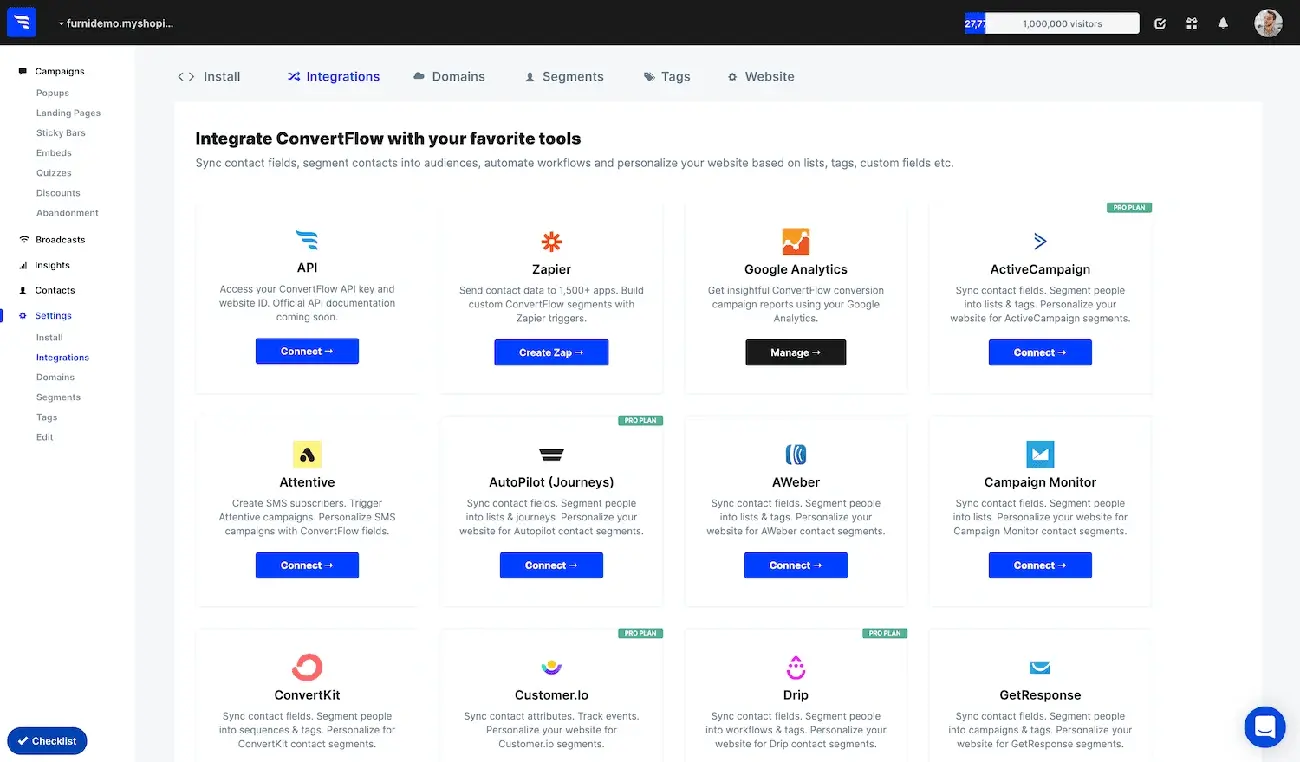
Brevo delivers multi-channel marketing automation that small businesses can actually afford. This platform—formerly Sendinblue—combines email, SMS, and WhatsApp messaging in one system, making it perfect for companies that need more than basic email tools without the enterprise price tag.
Brevo goes beyond simple email campaigns to create complete customer experiences:
The platform makes complex automation simple. You can build scenarios that handle customer interactions automatically—from welcome sequences to abandoned cart recovery—using drag-and-drop workflows.
Brevo prices based on email volume, not contact count:
Free Plan: 300 emails/day with unlimited contacts and basic automation (up to 2,000 contacts in automated campaigns)
Starter Plan: $9/month for 5,000 emails, includes reporting and email support
Standard Plan: $18/month for 5,000 emails, adds A/B testing, landing pages, and send time optimization
Professional Plan: $499/month for 150,000+ emails, includes WhatsApp messaging, contact scoring, and advanced ecommerce features
Enterprise Plan: Custom pricing for specific business requirements
Brevo also offers pay-as-you-go credits that never expire—ideal for businesses with seasonal email patterns.
Pros:
Cons:
Brevo works best for small to medium businesses that want comprehensive automation without complexity. Perfect for:
Brevo's volume-based pricing particularly benefits businesses that regularly communicate with existing customers rather than constantly acquiring new contacts.
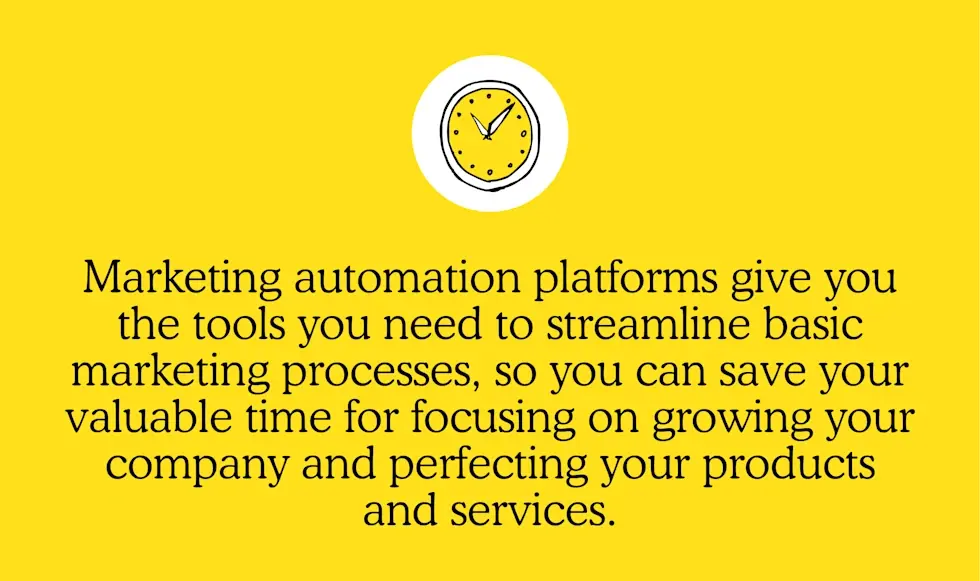
Most businesses know Mailchimp as the email marketing giant that started in 2001. Now it's a full marketing automation platform that helps companies create automated customer journeys and personalized campaigns at scale.
Mailchimp's Customer Journey Builder lets you create sophisticated automated sequences that respond to customer behavior. The platform combines email automation with retargeting ads across Google, Facebook, and Instagram—giving you multi-channel reach from one dashboard.
You get automated email sequences triggered by customer actions, transactional email support for order confirmations, and audience segmentation with predictive targeting. The platform includes 300+ integrations with tools like Shopify, WooCommerce, and Zapier, plus A/B testing and optimization tools that show which campaigns drive the most revenue.
The standout feature: Mailchimp's analytics connect your marketing efforts directly to business results, showing exactly which approaches generate engagement and sales.
Mailchimp prices based on your contact count:
Free Plan: 500 contacts and 1,000 emails monthly with basic features
Essentials Plan: $13/month for 500 contacts, includes automated workflows and all email templates
Standard Plan: $20/month for 500 contacts, adds send-time optimization and predictive segmentation
Premium Plan: $350/month for 10,000+ contacts, offers unlimited users and priority support
They also offer Pay-As-You-Go credits for businesses that send emails irregularly rather than monthly.
Pros:
Cons:
Mailchimp works for small to medium businesses that want email marketing, landing pages, and basic automation in one platform. You'll get the most value if you need retargeting ads alongside email campaigns, strong analytics to track what's working, or a platform that scales with steady growth.
The comprehensive feature set and ease of use keep Mailchimp competitive despite higher pricing. Companies that stick with Mailchimp typically value the all-in-one approach over switching between multiple tools.

Ecommerce stores need different automation than service businesses. Omnisend gets this. Built specifically for online retailers, this platform focuses on one goal: turning browsers into buyers through smart, multi-channel automation.
Omnisend delivers automation tools designed for selling products online:
The platform lets you create split paths with conditional logic. Your customers get personalized experiences based on what they actually do—not just demographic guesses.
Omnisend structures pricing around contact count and message volume:
Free Plan: $0/month for up to 250 contacts, 500 emails/month, includes all features plus 24/7 support
Standard Plan: $16/month for up to 500 contacts, 6,000 emails/month, unlimited push notifications
Pro Plan: $59/month for up to 2,500 contacts, unlimited emails, 3,540 SMS credits, unlimited push notifications
New users get 30% off for the first three months when paying quarterly. Businesses spending $400+/month receive dedicated account management and migration support.
Pros:
Cons:
Omnisend works best for online stores that want to automate their sales process. Perfect for:
One retailer increased monthly revenue from $150,000 to $250,000 using Omnisend, with automated emails alone generating $61,000 monthly after implementation.
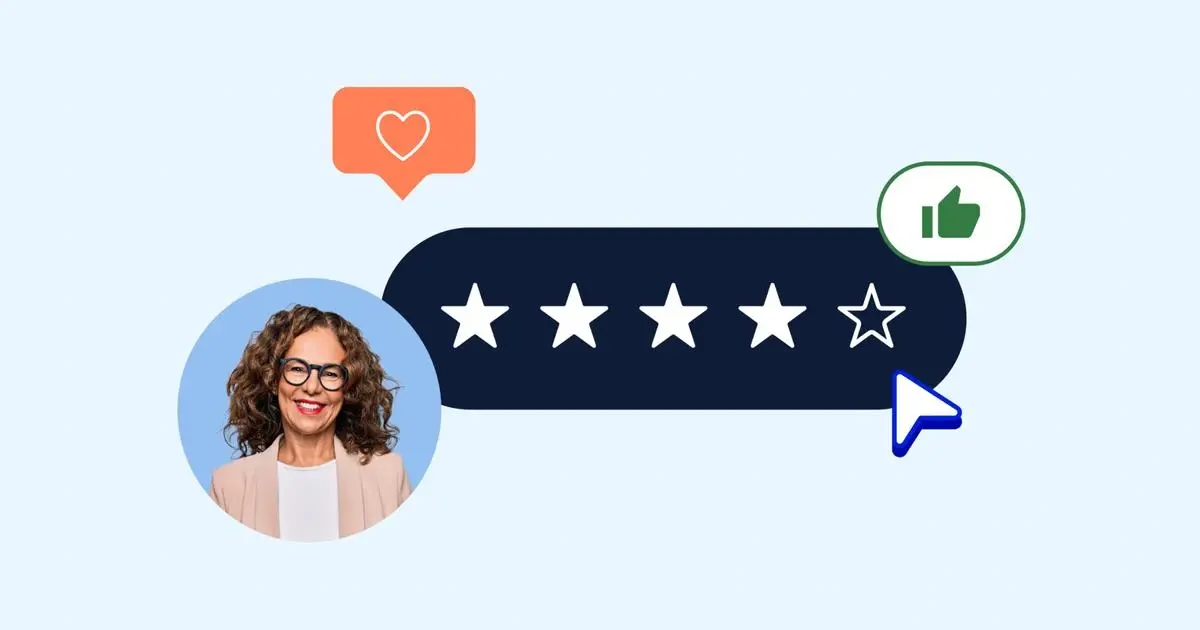
ActiveCampaign powers marketing automation for 180,000+ customers worldwide. This platform combines intelligent automation with built-in CRM to create personalized customer experiences that drive real business results.
ActiveCampaign goes beyond basic email marketing with sophisticated automation tools:
ActiveCampaign pricing scales with your contact list and feature needs:
Starter Plan: $15/month for 1,000 contacts, includes basic email marketing, 5 automation actions per workflow, one user
Plus Plan: $49/month for 1,000 contacts, adds landing pages, CRM features, up to three users
Professional Plan: $79/month for 1,000 contacts, includes predictive sending, attribution reporting, up to five users
Enterprise Plan: $145/month for custom needs, adds dedicated support, custom reporting, HIPAA compliance
Add-ons available: Enhanced CRM, SMS marketing, custom reporting, transactional emails.
Pros:
Cons:
ActiveCampaign works best for businesses ready to move beyond basic email marketing. Perfect for:
Businesses using ActiveCampaign often save 10+ hours weekly from manual campaign building once they master the platform's capabilities.
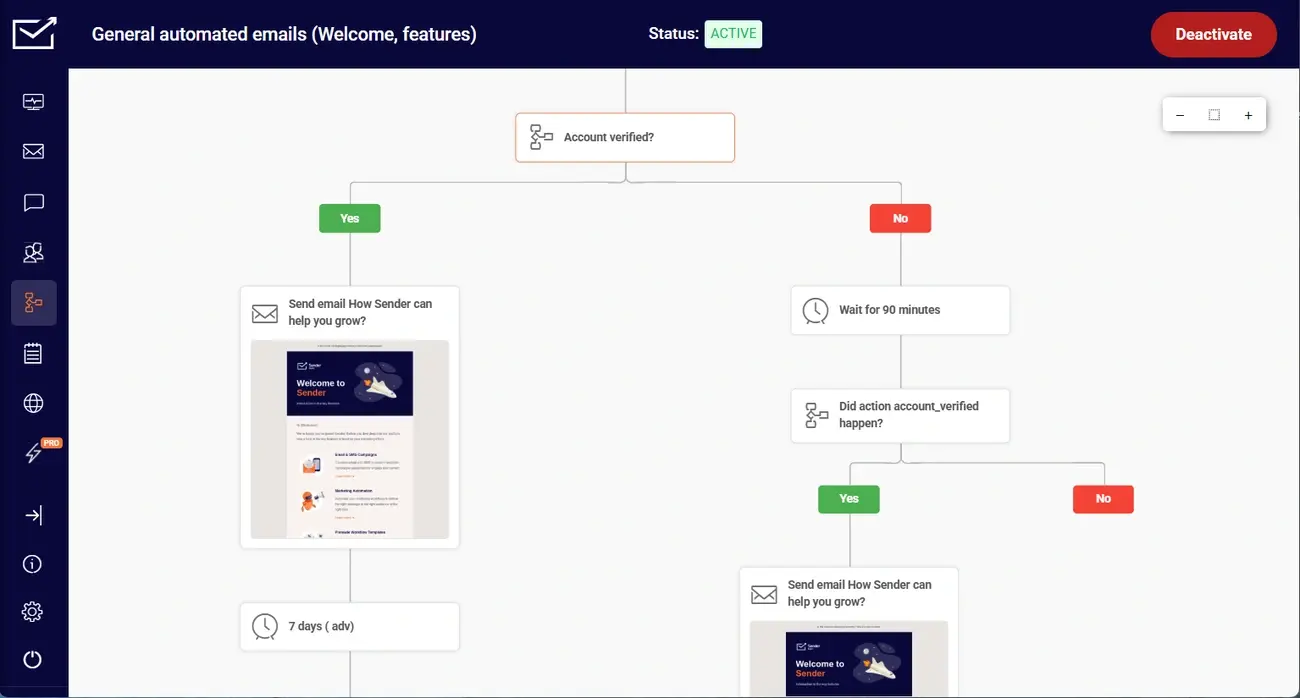
180,000+ businesses trust Sender for marketing automation solutions that deliver enterprise features without the complexity. This platform earns a 4.7/5 rating across G2, Trustpilot, and Capterra for balancing power with simplicity.
Sender builds automation around its visual workflow builder—no technical skills required to create customer journeys that convert. The platform includes:
The automation builder lets you create sequences using steps, conditions, and triggers—complex workflows made simple for any skill level.
Sender offers generous free access with competitive paid plans:
Free Forever Plan: $0/month for up to 2,500 subscribers and 15,000 monthly emails, includes automation features
Standard Plan: Starting at $7.00/month for 1,000 subscribers and 12,000 emails/month, removes Sender branding, adds SMS messaging
Professional Plan: Starting at $14.00/month for 2,500 subscribers and 24,000 emails/month, includes free SMS credits equal to your subscription fee, advanced automation, and priority support
Enterprise Plan: Custom pricing for large organizations, offers unlimited emails, dedicated success manager, and advanced user permissions
Pros:
Cons:
Sender works exceptionally well for small to medium businesses wanting powerful automation without the learning curve. Perfect for:
Many businesses switch to Sender from pricier platforms like Mailchimp, drawn by the generous features and accessible support team.
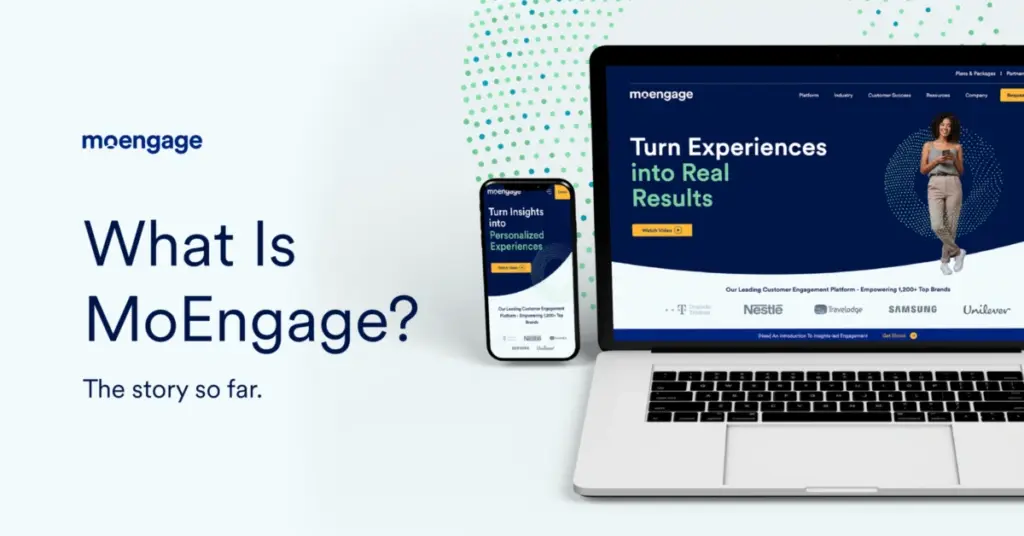
MoEngage built its reputation on one core principle: AI-powered insights that actually drive business decisions. Founded in 2014, this customer engagement platform helps brands create personalized experiences that convert across every channel.
MoEngage centers its platform around intelligent automation that predicts what customers want:
The platform's AI doesn't just collect data—it tells you what to do with it. Most businesses struggle with data analysis, but MoEngage's Sherpa AI turns complex customer data into clear action plans.
MoEngage structures its pricing based primarily on monthly active users (MAU) and processed events:
Growth Plan: Essential solutions for growing teams building and retaining customers
Enterprise Plan: Comprehensive features for multi-functional teams creating unique customer experiences globally
MoEngage doesn't publish standard pricing. They provide custom quotes based on your specific business needs and usage volume.
Pros:
Cons:
MoEngage works best for mobile-first companies that need sophisticated customer engagement across multiple channels. The platform delivers real value for:
MoEngage particularly excels for companies that want data-driven insights without building an entire data science team. The AI handles the complex analysis—you get the actionable recommendations.
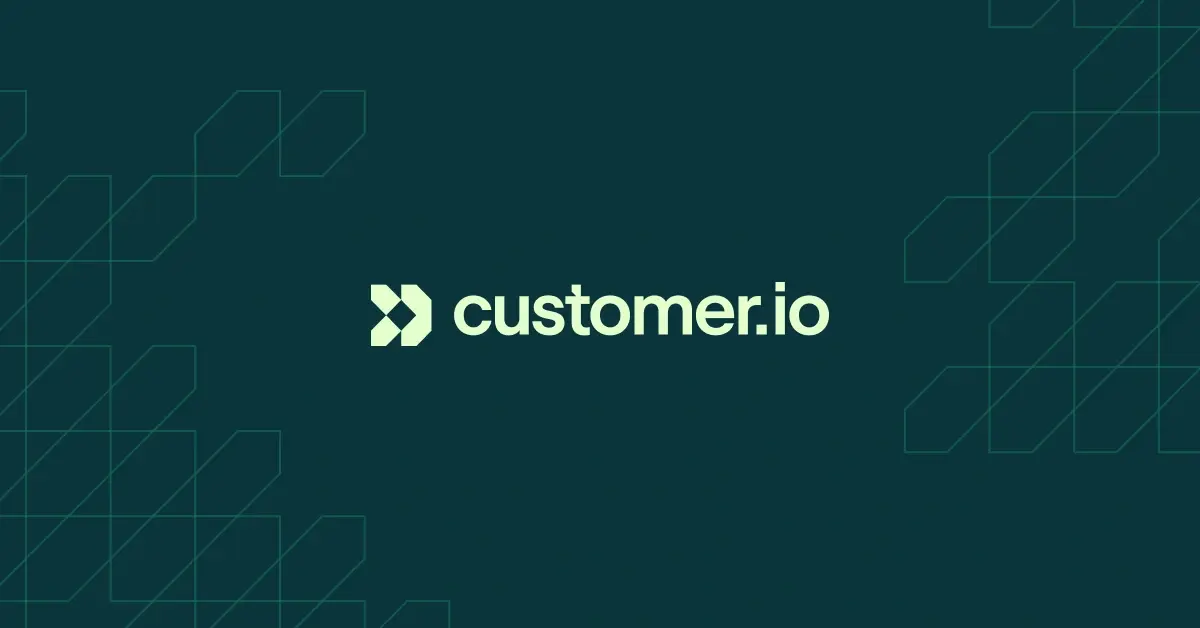
Customer.io builds data-powered communication systems for businesses that need sophisticated lifecycle marketing. This platform creates personalized multi-channel customer experiences using real-time behavioral data.
Customer.io focuses on data-driven personalization across customer touchpoints:
Customer.io offers three pricing tiers:
Essentials: Starting at $100/month for 5,000 profiles and 1 million monthly emails Premium: Starting at $1,000/month (billed annually) with custom profile and email volume Enterprise: Custom pricing for globally scaling companies
Additional costs include $0.01 per extra profile and $0.12 per additional 1,000 emails. The Premium and Enterprise plans include 10 object types, HIPAA compliance, and enhanced support options.
Pros:
Cons:
Customer.io works best for data-driven organizations needing advanced automation across multiple channels. It's ideal for:
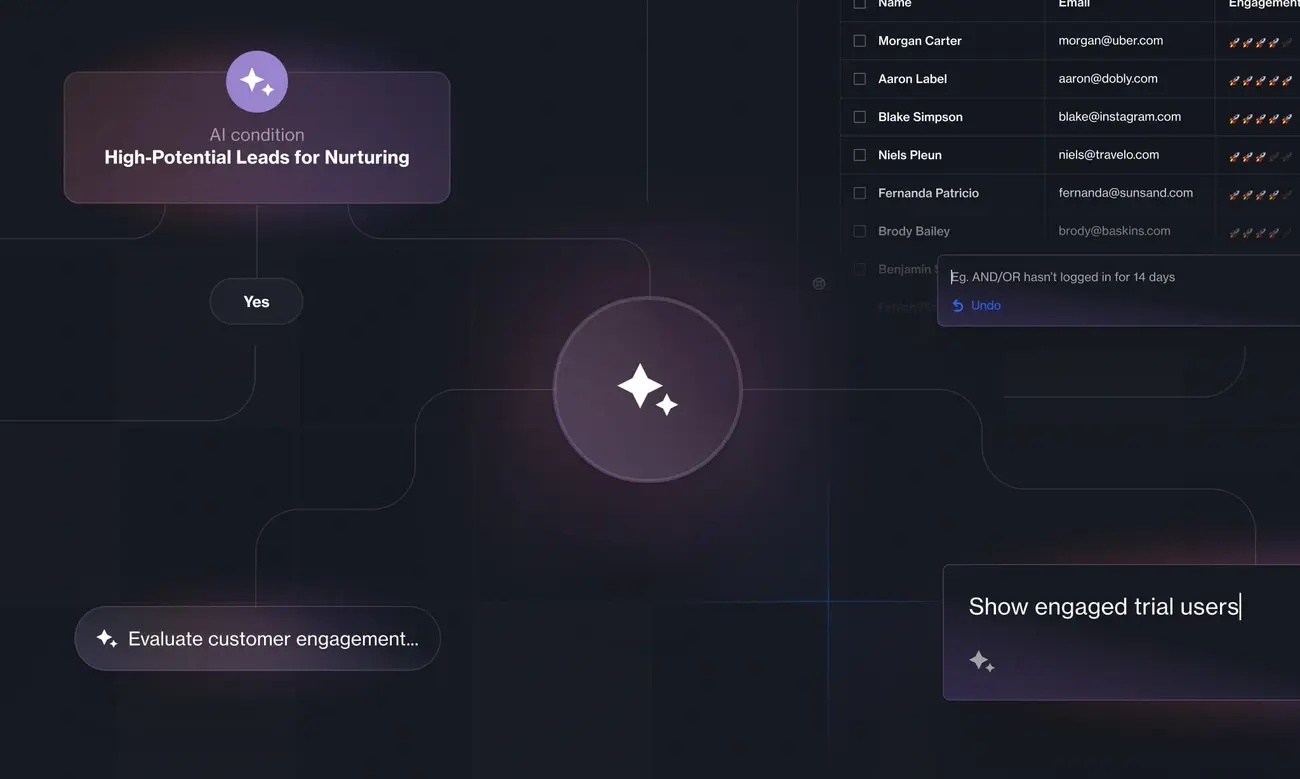
Got data scattered across different platforms? Ortto tackles this common business headache head-on. Originally called Autopilot, this platform combines automation, customer data, and analytics into one unified system that actually makes sense.
Ortto brings together capabilities that most businesses need but struggle to connect:
The standout feature? Ortto pulls data from your website, product, and CRM to build unified customer profiles. This means you can create targeted campaigns based on real behavior, not guesswork [22].
Ortto positions itself in the premium segment with pricing that reflects its comprehensive features:
Starter: $169/month for 5,000 contacts Professional: $509/month for 10,000 contacts
Business: $849/month for 10,000 contacts with advanced features
Enterprise: Custom pricing for specific requirements
Annual plans offer discounts, but the entry point stays significantly higher than other tools we've covered.
Pros:
Cons:
Ortto works best for established businesses ready to invest in sophisticated marketing automation. Perfect for:
While Ortto delivers powerful visual building and data unification, the pricing puts it out of reach for early-stage businesses. It's built for companies that have outgrown basic tools and need enterprise-level capabilities.
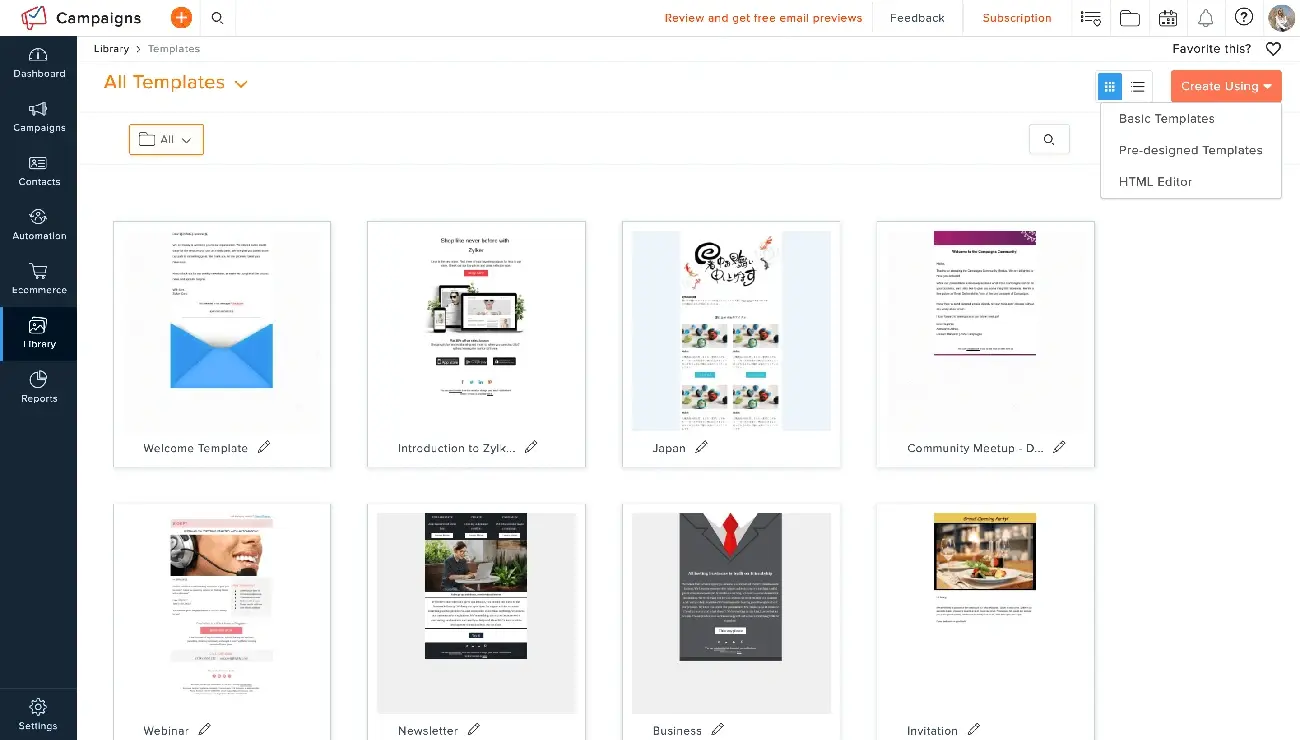
Zoho Campaigns offers email automation that works best when you already use other Zoho business tools. This budget-friendly platform keeps email marketing simple while connecting seamlessly with your existing workflows.
Zoho Campaigns delivers straightforward email automation capabilities:
Zoho Campaigns keeps pricing simple and affordable:
Forever Free Plan: $0/month for up to 2,000 contacts and 6,000 emails monthly
Standard Plan: $3.00/month for 500 contacts with unlimited emails
Professional Plan: $4.50/month for 500 contacts with advanced features
Pay-as-you-go: Purchase email credits instead of monthly subscriptions
Pros:
Cons:
Zoho Campaigns works best for small businesses already running on Zoho's business suite. You get the most value if you need simple email automation for newsletters, welcome sequences, and basic customer communication without complex workflows.
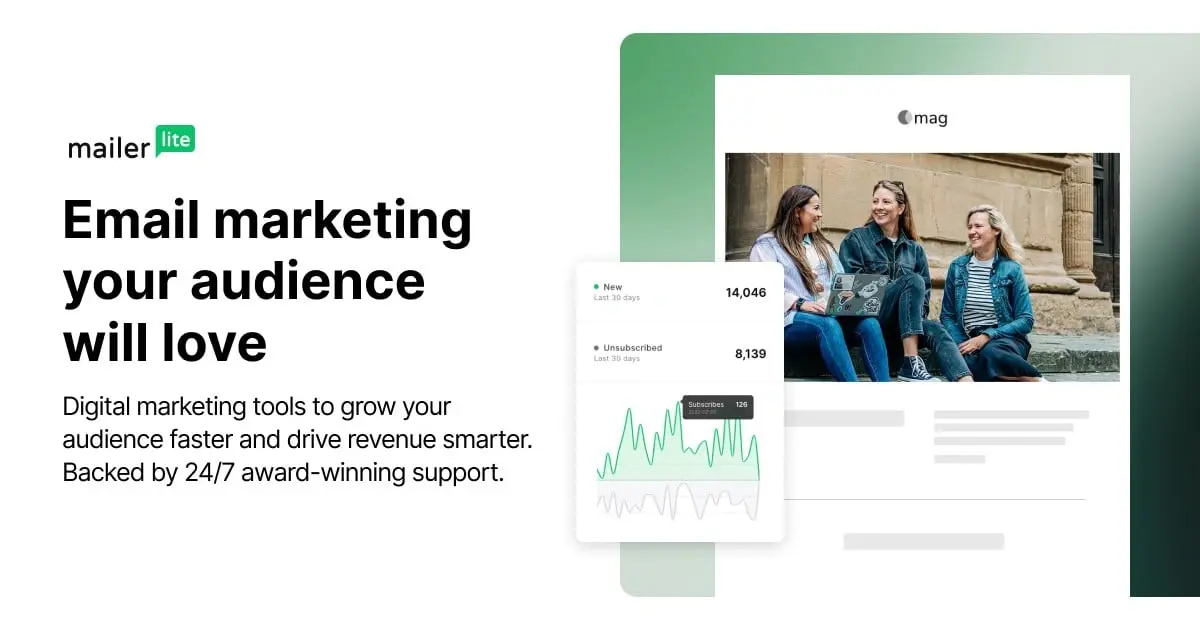
MailerLite keeps things simple. This email marketing platform strips away complexity while keeping the automation features you actually need for your business.
MailerLite focuses on practical tools that work:
MailerLite structures pricing by subscriber count:
Free Plan: $0/month for up to 500 subscribers and 12,000 monthly emails
Growing Business Plan: Starting at $9/month for 500 subscribers with unlimited emails, newsletter templates, and up to three users
Advanced Plan: Starting at $18/month for 500 subscribers, adds Facebook integration, custom HTML editor, and AI writing tools
Enterprise Plan: Custom pricing for lists exceeding 100,000 subscribers
Pros:
Cons:
MailerLite works best for solopreneurs and small teams with subscriber lists under 10,000. Content creators sending regular newsletters find it particularly useful, along with service providers who need client nurture sequences.
Quick Decision Guide:
Marketing automation tools no longer require enterprise budgets to deliver enterprise results. These ten platforms prove you can automate customer journeys, boost engagement, and drive growth without emptying your wallet.
Your business needs determine the best fit. Ecommerce stores get the most value from Omnisend's sales-focused features. Companies managing complex customer relationships benefit from ActiveCampaign's CRM integration. Startups with tight budgets find success with Sender or MailerLite's generous free tiers.
The price range spans from $7/month to $169/month—but the cheapest option isn't always the smartest choice. Consider your contact volume, required features, and growth trajectory. A platform that costs more upfront but scales efficiently often delivers better long-term ROI.
Many businesses avoid automation thinking it's too complex or expensive. These tools eliminate both concerns. Visual workflow builders and drag-and-drop editors make powerful automation accessible to any team member, regardless of technical background.
The right automation platform should grow with your business while delivering measurable results. Ready to find your perfect match? Book a free automation audit to discover which tool fits your specific needs and budget.
Your customers expect timely, personalized communication. These platforms make it possible to deliver exactly that—whether you're launching your first welcome sequence or orchestrating multi-channel customer journeys. Marketing automation has become essential for staying competitive, and these budget-friendly options ensure every business can benefit.
Access our exclusive whitepapers, expert webinars, and in-depth articles on the latest breakthroughs and strategic implications of advanced automation and AI.